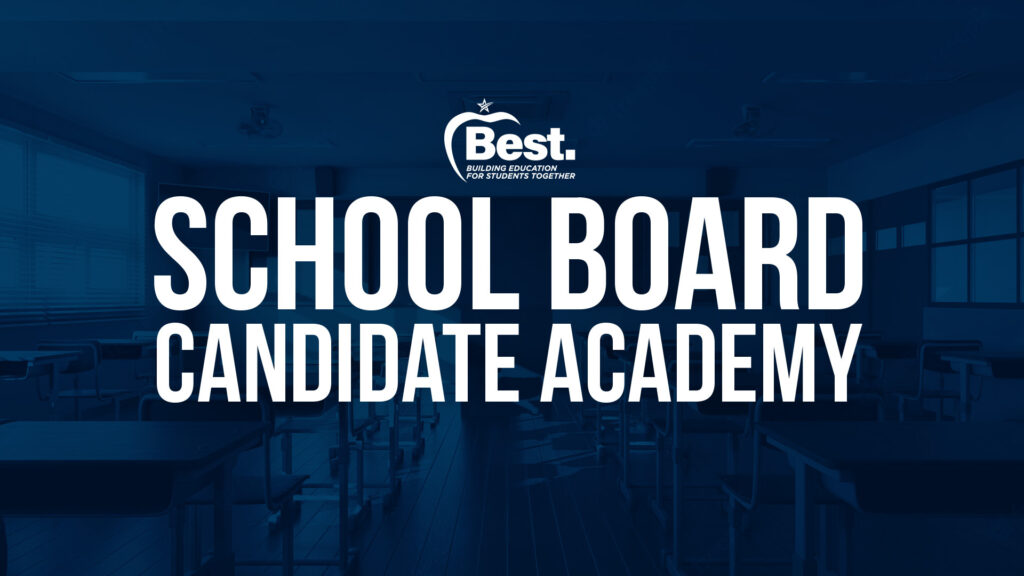Congress’s Virtual School Reform
As published in The New York Times, May 18, 2001
The Senate will soon complete work on President Bush’s education bill, just as the House begins to consider amendments to it. Without some fundamental changes, however, this once bold plan is scarcely worth enacting.
When George W. Bush first rode into Washington, he was intent on ending decades of lackluster achievement in education by altering the behavior of states, school systems and educators. He envisioned a proactive federal government that would use its leverage to transform failed programs and ingrained habits.
President Bush’s initial proposals made sense. In fact, his plan could have been fairly termed bipartisan. It balanced “conservative” ideas like choice and flexibility with “liberal” initiatives like teacher training, school-level accountability and more federal spending. The proposal included a sizable voucher demonstration program as well as “exit vouchers” for low-income children stuck in the worst public schools. It mandated the testing of every child from third to eighth grade, with consequences for school systems and states that failed to make “adequate yearly progress” in narrowing the achievement gap between rich and poor. Reform-oriented states would have been free to decide how to spend their federal dollars.
Then the education establishment struck back. On Capitol Hill, a few Republicans strove to preserve the Bush proposals. But Democrats and too many pliant Republicans supported the status quo. The White House, craving bipartisanship, agreed to numerous compromises. Vouchers vanished, and school choice was limited to public schools — cold comfort for many children trapped in urban school systems. State flexibility was scaled back. Deadlines for “punishing” failed schools were lengthened; the definition of “adequate yearly progress” was blurred. And almost every special interest got yet more dollars for its favorite project.
Even Mr. Bush’s signature education proposal — to test every child from third to eighth grade — may be at risk. States could be free to choose tests on which they look good and reject the impartial National Assessment of Educational Progress, a nationally recognized, independent test used in the fourth and eighth grades.
To be fair, even this weak compromise would be a modest improvement over current law. But the changes would be few and slow; the price tag rapid and steep. The measure is not what President Bush originally sought: there is no fundamental overhaul of federal education programs.
Still, there is time to strengthen the measure. Important amendments will be offered in both the Senate and the House. Four reforms must be put back into the legislation:
Offer true school choice, especially for children stuck in awful schools. Insist on honest test results that can be compared from school to school, district to district, state to state and year to year. Ensure that “adequate yearly progress” by schools and states is clear, ambitious and subject to consequences. And free states to spend their federal dollars as they see fit, provided they produce stronger academic results.
Republicans, it has been suggested, should support the current “bipartisan” compromise for a Machiavellian reason: to neutralize an issue on which Democrats have traditionally held an advantage. But this is not good policy for children, nor is it sound political strategy for Republicans.
If Congress abandons school choice, real assessment and local flexibility, it abandons Mr. Bush’s fundamental principles of reform. Let would-be realists note how the president and his allies fought attempts to weaken his tax proposals. The administration should show similar resolve on education. Making common cause with the truly educationally disenfranchised — the more than 60 percent of minority parents who support school choice — is good policy and good politics.
William J. Bennett, a co-director of Empower America, served as secretary of education under President Ronald Reagan. Chester E. Finn Jr., president of the Thomas B. Fordham Foundation, served as assistant secretary of education under President Reagan.




